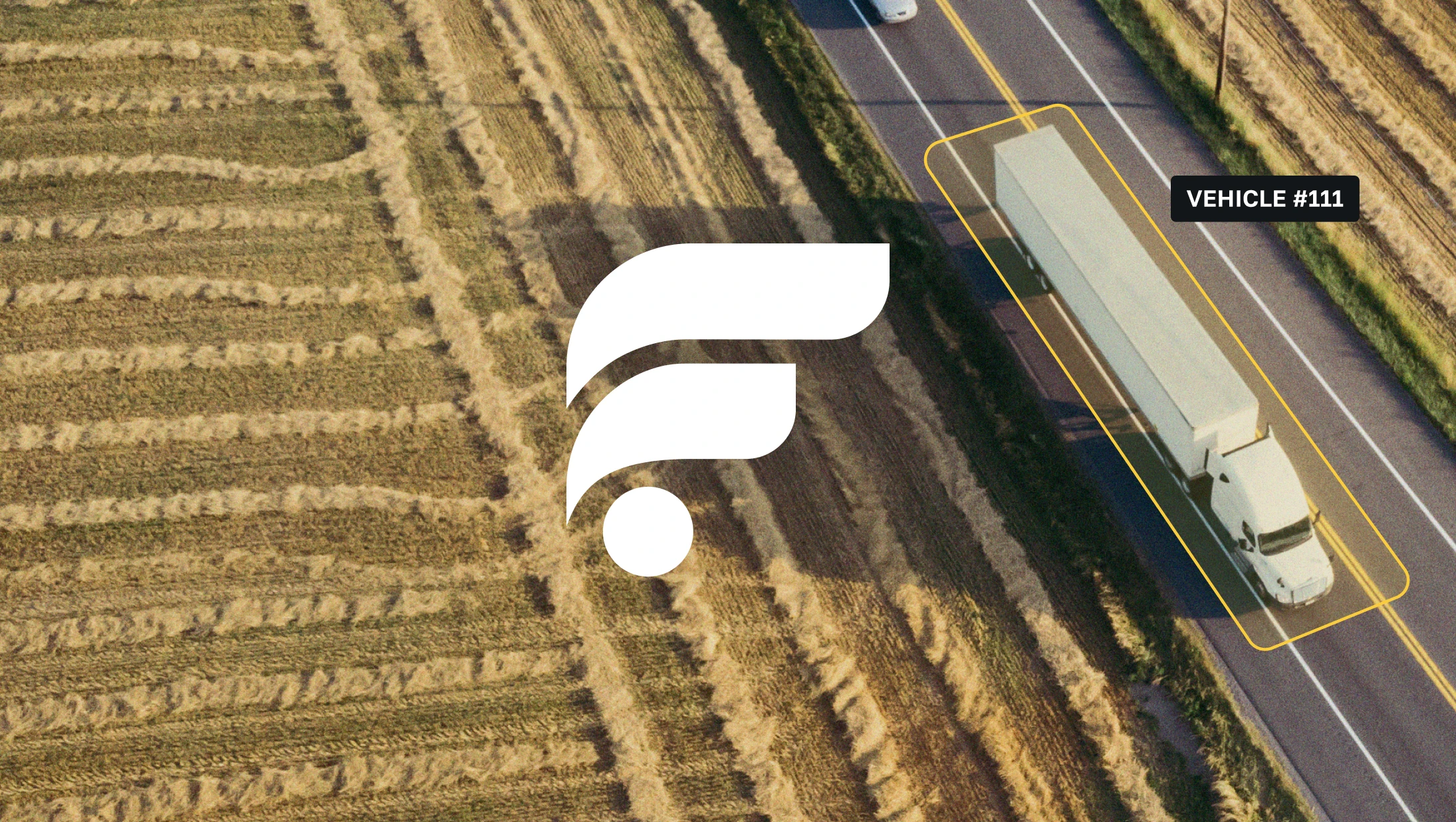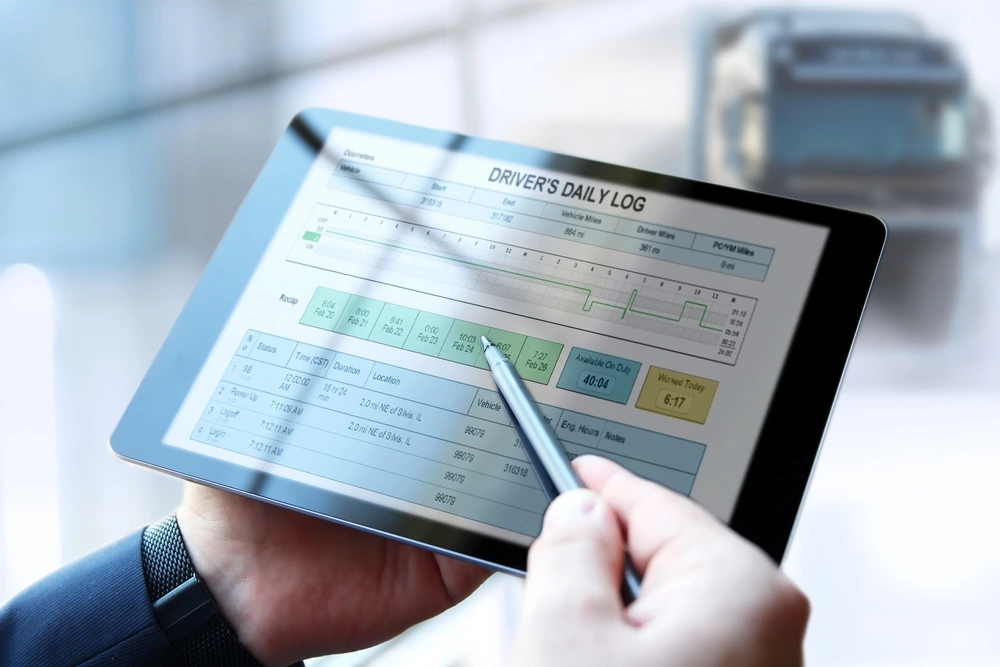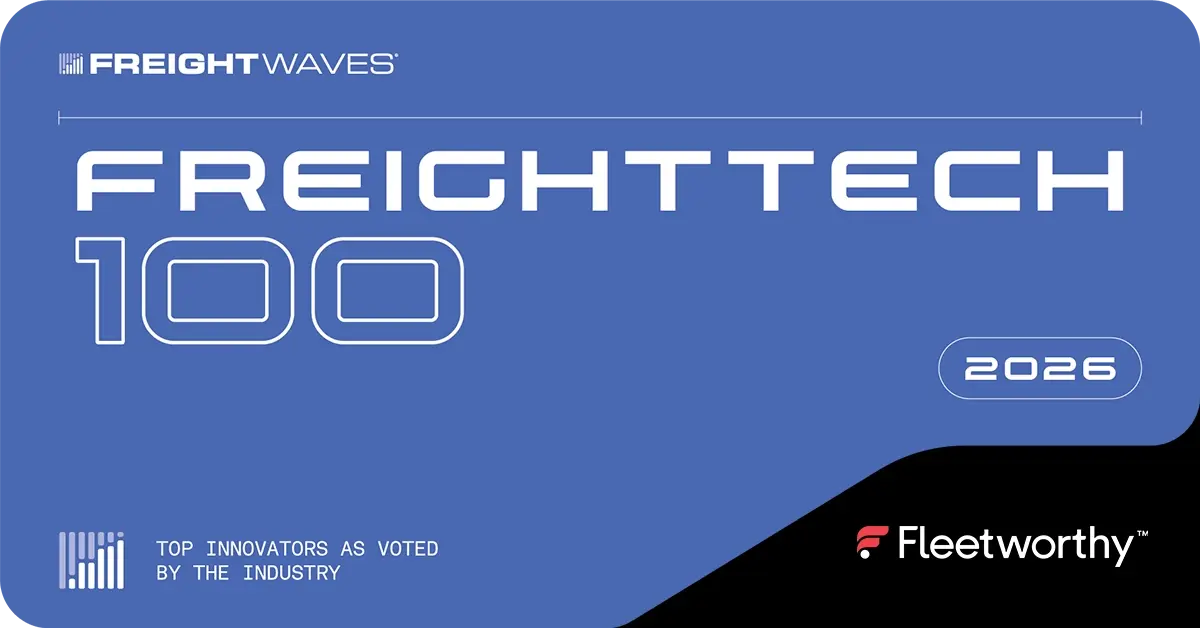Electronic Logging Devices (ELDs) are devices that automatically record a driver’s hours of service (HOS), replacing outdated paper logs and manual processes. Mandated by the Federal Motor Carrier Safety Administration (FMCSA), ELDs are designed to improve accuracy, reduce administrative burdens, and most importantly, enhance safety across the commercial transportation sector.
At its core, ELD technology plays a crucial role in promoting driver well-being and public safety. By providing real-time tracking of driving hours, ELDs help ensure compliance with HOS regulations, which are designed to prevent driver fatigue-one of the leading causes of accidents involving commercial motor vehicles.
The regulatory environment continues to evolve, with updated enforcement protocols, technology integration requirements, and a growing emphasis on data security and interoperability. Staying compliant in 2025 means more than simply installing an ELD-it requires understanding the latest regulations, leveraging technology for continuous improvement, and fostering a culture where safety and accountability are paramount.
Key Requirements Under the FMCSA ELD Mandate
The FMCSA ELD Mandate, which became fully effective in December 2019, requires most commercial drivers to use certified ELDs to record HOS and duty status. Key requirements include:
- Automatic Recordkeeping: ELDs must automatically record driving time, engine hours, vehicle movement, location, and miles driven.
- Driver Identification: Drivers must log in and identify themselves on the device to ensure accurate recordkeeping.
- Data Transfer Capability: ELDs must support data transfer to enforcement officials via wireless web services, email, USB, or Bluetooth during roadside inspections.
- Tamper Resistance: Devices must be tamper-proof to prevent log falsification.
- Certification and Registration: Only FMCSA-certified ELDs listed on the official registry may be used to comply with the mandate.
Failure to meet these requirements can result in fines, vehicle out-of-service orders, and increased risk exposure for fleets.
Who is Required to Comply?
The ELD mandate applies to most drivers and carriers operating commercial motor vehicles in interstate commerce who are required to maintain HOS records. Specifically, compliance is required for:
- Drivers operating vehicles with a gross vehicle weight rating (GVWR) or gross combination weight rating (GCWR) of 10,001 pounds or more.
- Vehicles transporting hazardous materials in quantities requiring placarding.
- Drivers operating vehicles designed or used to transport 9 or more passengers (including the driver) for compensation, or 16 or more passengers not for compensation.
This includes long-haul trucking fleets, regional carriers, and many vocational fleets engaged in interstate operations.
Exemptions to the ELD Mandate
While the ELD rule applies to most CMV operators, certain drivers and vehicle types are exempt, including:
- Short-Haul Exemption: Drivers operating within a 150 air-mile radius and returning to the same work location within 14 hours are exempt if they meet short-haul requirements.
- Pre-2000 Vehicles: CMVs with engines manufactured before model year 2000 are exempt, due to compatibility limitations with ELD technology.
- Driveaway-Towaway Operations: If the vehicle being driven is part of the shipment (e.g., transporting RVs or trucks for sale), ELD use is not required.
- Agricultural Exemptions: Certain agricultural operations have temporary or conditional exemptions, especially within designated harvest or planting periods.
Understanding these exemptions is essential for fleet managers to ensure proper application of the rules, avoid unnecessary equipment purchases, and remain compliant.
What’s New for 2025
Here’s what fleet managers and drivers need to be aware of as 2025 progresses:
Anticipated Regulatory Updates from FMCSA
The Federal Motor Carrier Safety Administration (FMCSA) is expected to introduce updates to ELD requirements aimed at enhancing data accuracy, closing regulatory loopholes, and strengthening enforcement protocols. Key anticipated changes include:
- Stricter Certification Standards: FMCSA may update the process by which Electronic Logging Devices (ELDs) gain approval, ensuring only reliable, tamper-resistant devices remain on the certified list.
- Clarified Exemptions: Expect more guidance regarding exemptions, especially concerning older vehicles and specialized transport operations.
- Expanded Audits: With advancements in digital records, FMCSA and enforcement agencies are expected to conduct more remote audits and data reviews to ensure fleets comply with truck driver electronic log rules.
Keeping up with the latest news about ELD regulations ensures your fleet avoids costly penalties and remains compliant with evolving standards.
Trends in Enforcement and Penalties for Non-Compliance
In 2025, enforcement agencies are increasing their focus on:
- Spot Inspections: Roadside inspections are more likely to include thorough reviews of ELD data and supporting documents.
- Data Accuracy Reviews: Enforcement officials are using digital tools to quickly spot inconsistencies or tampering in truck driver electronic log records.
- Higher Penalties: Fleets and drivers caught violating these rules face increased fines, potential out-of-service orders, and impacts on their CSA (Compliance, Safety, Accountability) scores.
Non-compliance not only risks financial penalties but also jeopardizes fleet safety and reputation.
Common Compliance Pitfalls Fleets Should Avoid
Many fleets still fall short when it comes to full compliance. Staying informed and understanding common mistakes can help fleets avoid costly penalties, downtime, and reputational damage. Here are the most frequent pitfalls to watch for:
Incomplete or Inaccurate Driver Logs
One of the most common violations during inspections involves incomplete or incorrect truck drivers’ electronic logs. Even with automated Electronic Logging Devices, errors occur when:
- Drivers fail to log changes in duty status properly.
- Data is missing due to device malfunctions or improper use.
- Manual edits are made without appropriate annotations or explanations.
Inaccurate logs not only risk FMCSA penalties but also compromise your fleet’s safety record. Regular audits and training can help prevent these errors and ensure ELD requirements are consistently met.
Using Outdated or Non-Certified ELD Devices
The FMCSA maintains a list of approved, certified ELD providers. However, news about ELD regulations indicates that some devices have been revoked or removed from the certified list due to non-compliance or technical shortcomings.
Using outdated or non-certified ELDs can result in:
- Fines during roadside inspections.
- Immediate out-of-service orders.
- Inaccurate HOS records that expose fleets to risk.
Fleet managers must routinely check electronic logging device news and verify their ELD systems remain compliant with current FMCSA standards.
Lack of Proper Training for Drivers and Fleet Managers
An often-overlooked compliance risk is inadequate training on truck driver electronic log procedures and ELD device usage. Without proper education:
- Drivers may misuse ELDs or fail to understand their responsibilities.
- Fleet managers may overlook reporting requirements or misinterpret data.
- Mistakes made in good faith still lead to violations during audits or inspections.
Building comprehensive training programs ensures that both drivers and managers can confidently navigate through regulations and avoid preventable errors.
Failure to Maintain Supporting Documentation
In addition to truck drivers’ electronic logs, FMCSA regulations require fleets to retain supporting documents such as:
- Dispatch records
- Bills of lading
- Fuel receipts
- Maintenance logs
Failure to maintain this documentation leaves fleets vulnerable during audits. Supporting documents are essential for verifying truck driver electronic log accuracy and demonstrating overall compliance.
Overlooking Data Security and Privacy Requirements
With the increased use of digital systems, fleets must prioritize data security. Recent electronic logging device news highlights concerns about:
- Unauthorized access to sensitive driver or vehicle data.
- Insufficient encryption
- Non-compliance with federal privacy standards.
Protecting data is not only a regulatory obligation but also critical for safeguarding your fleet’s operations and reputation.
Conclusion
As 2025 progresses, fleet operators must understand that compliance is not just about meeting federal mandates but about enhancing driver safety, reducing operational risks, and improving overall efficiency.
Fleets that treat ELD requirements as part of a broader safety culture outperform those that take a reactive, bare-minimum approach. Leveraging modern truck drivers’ electronic logs, integrated telematics systems, and predictive safety tools allows fleet managers to:
- Reduce fatigue-related incidents and unsafe driving behaviors.
- Streamline compliance tasks, audits, and reporting processes.
- Access real-time data to make informed, safety-focused decisions.
To prepare for the future, fleet operators should:
- Regularly review electronic logging device news and FMCSA updates to stay current on compliance requirements.
- Audit all truck driver electronic log systems to confirm they are FMCSA-registered and functioning correctly.
- Provide ongoing training to drivers and fleet managers to ensure understanding of evolving ELD rules and safety protocols.
- Integrate ELD data with telematics, maintenance, and compliance platforms for a unified, real-time view of fleet performance.
- Foster a culture of safety, accountability, and continuous improvement by leveraging data-driven insights.
By taking these proactive steps, fleets can navigate 2025 with confidence, ensuring they meet all ELD requirements while building safer, more efficient operations.




